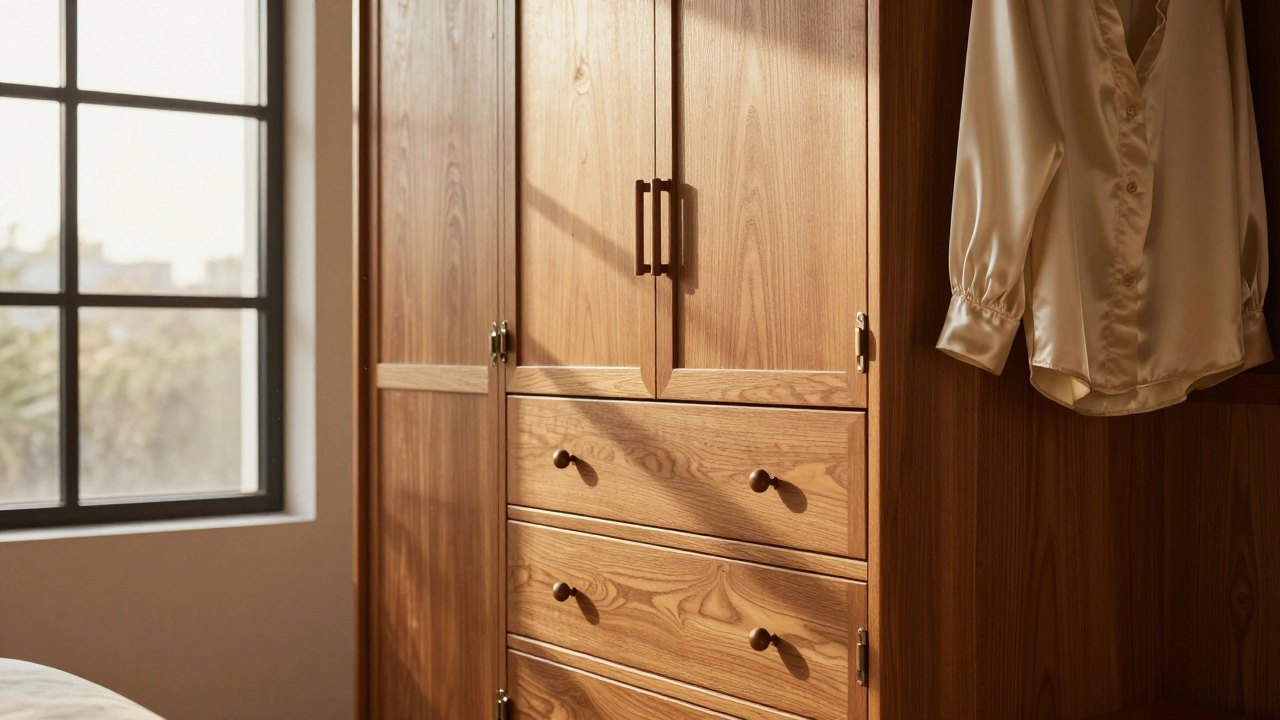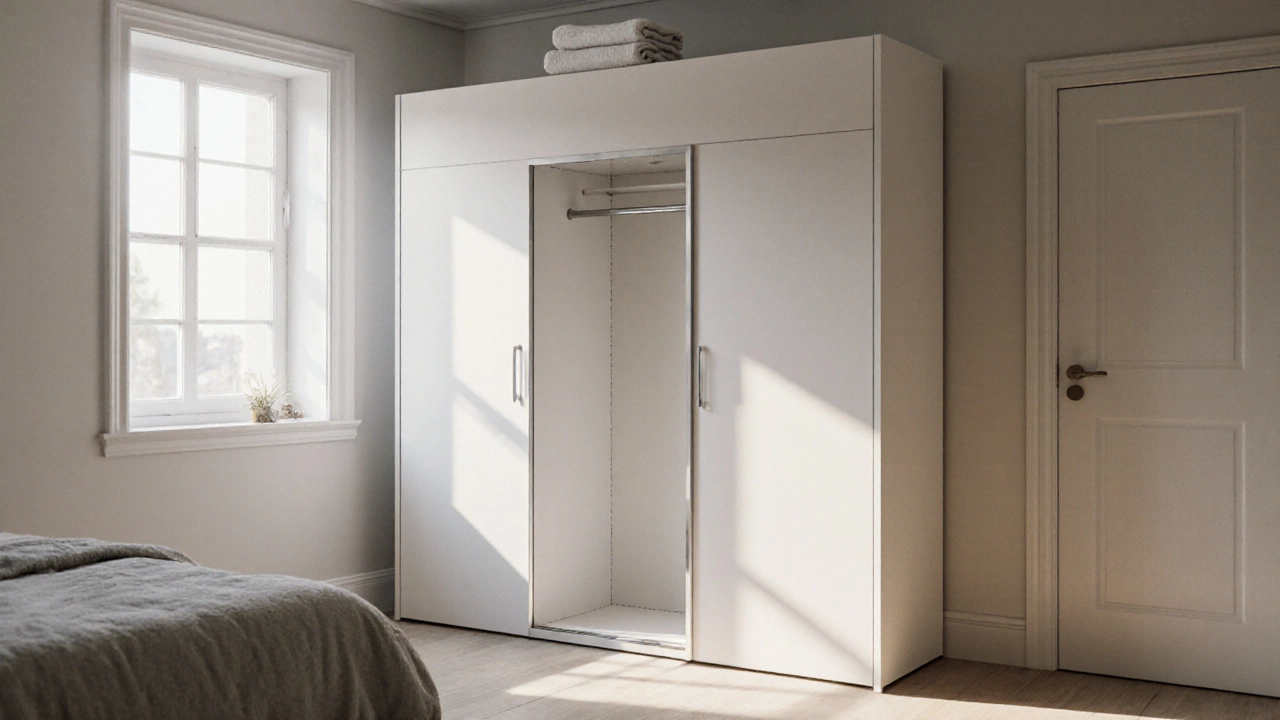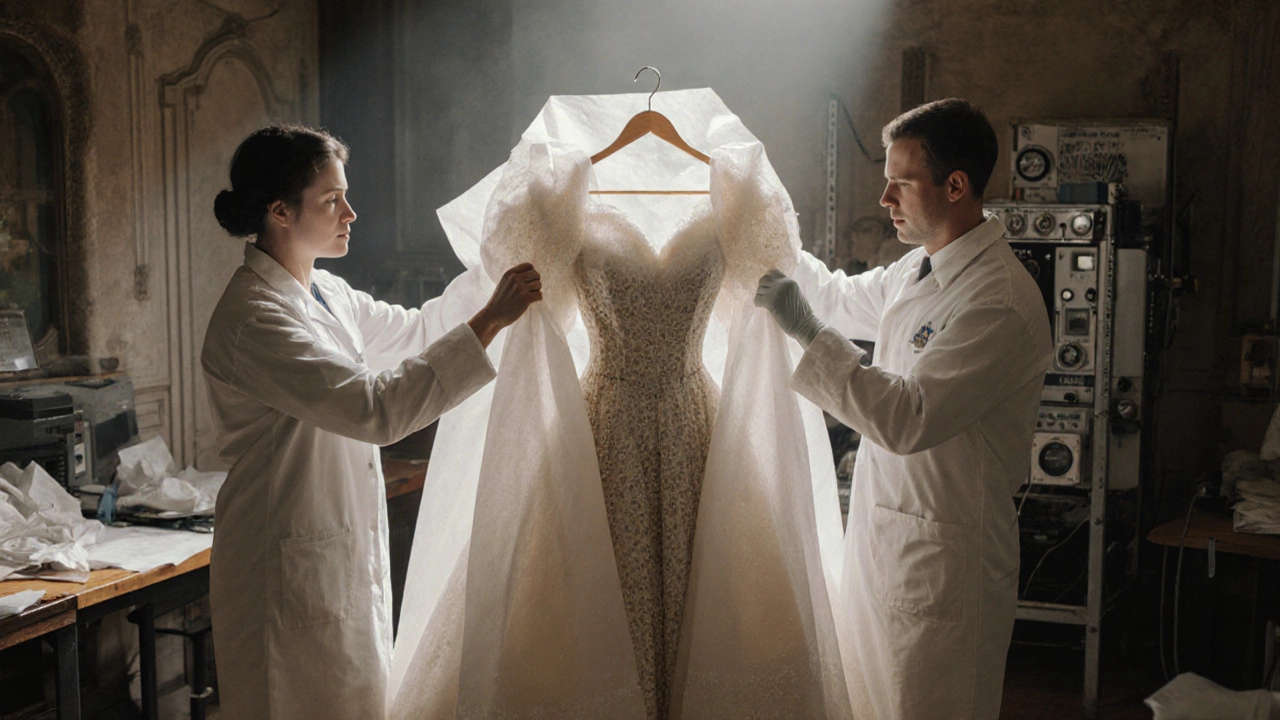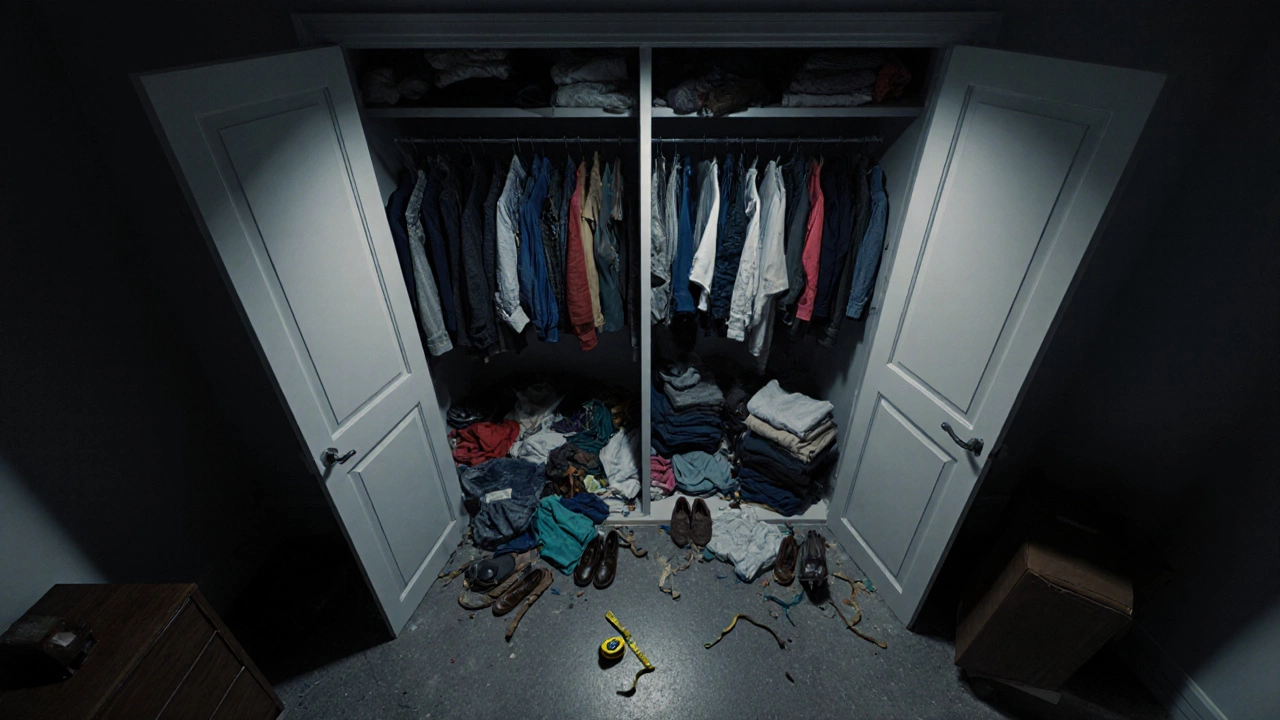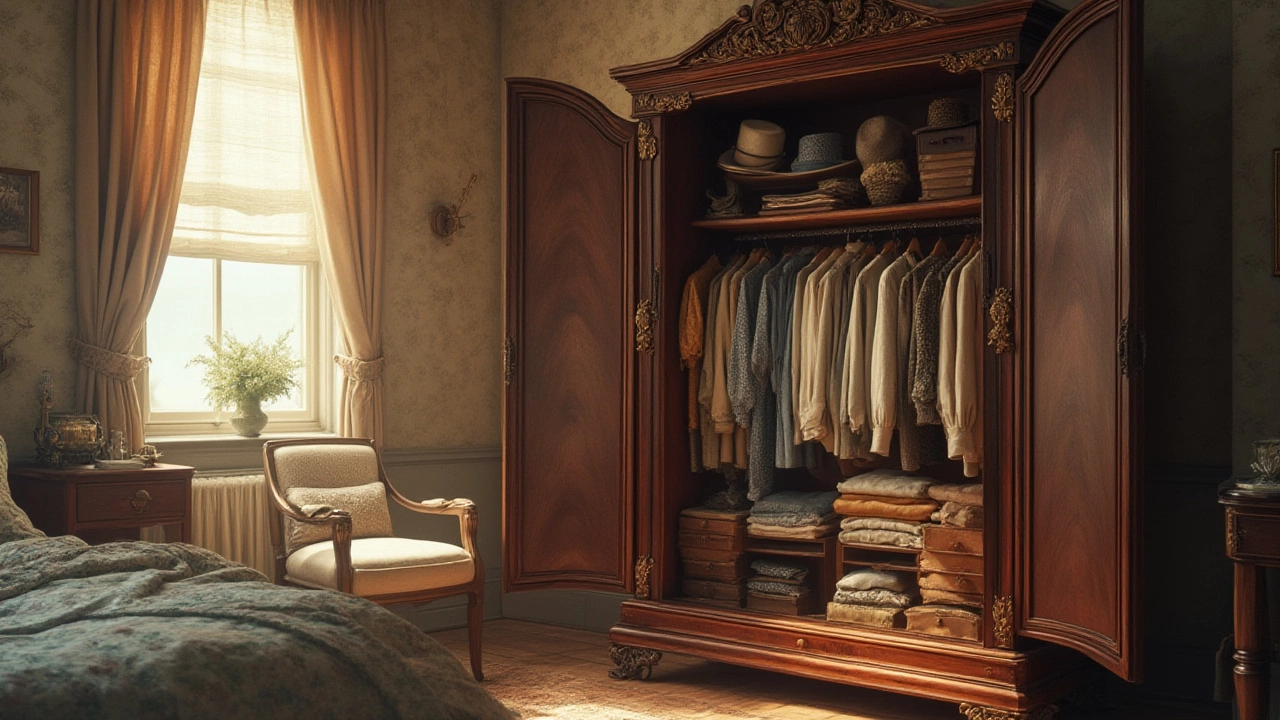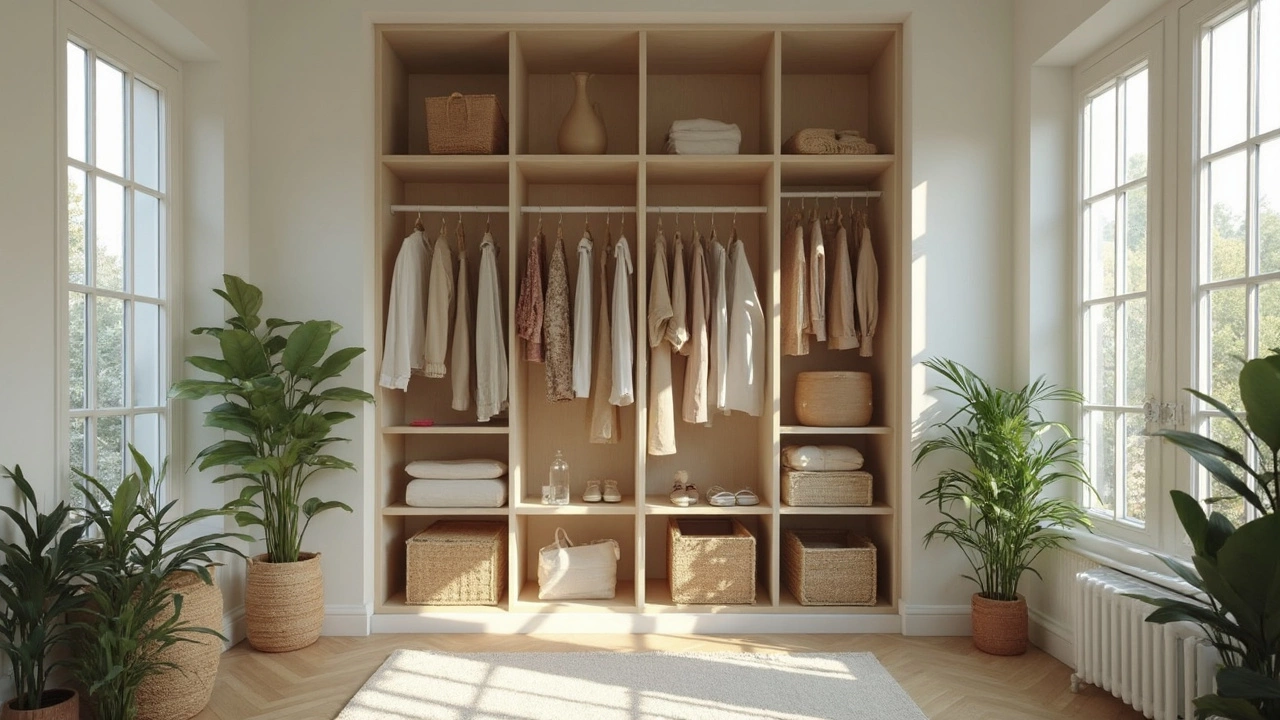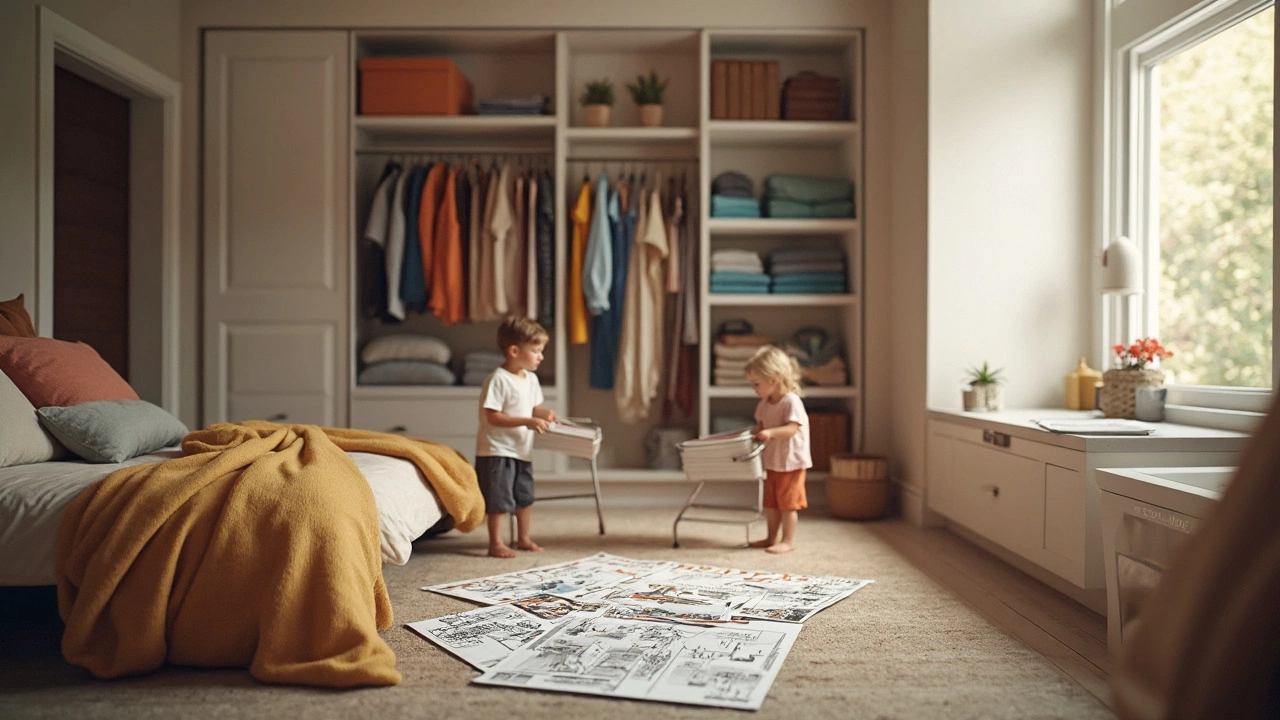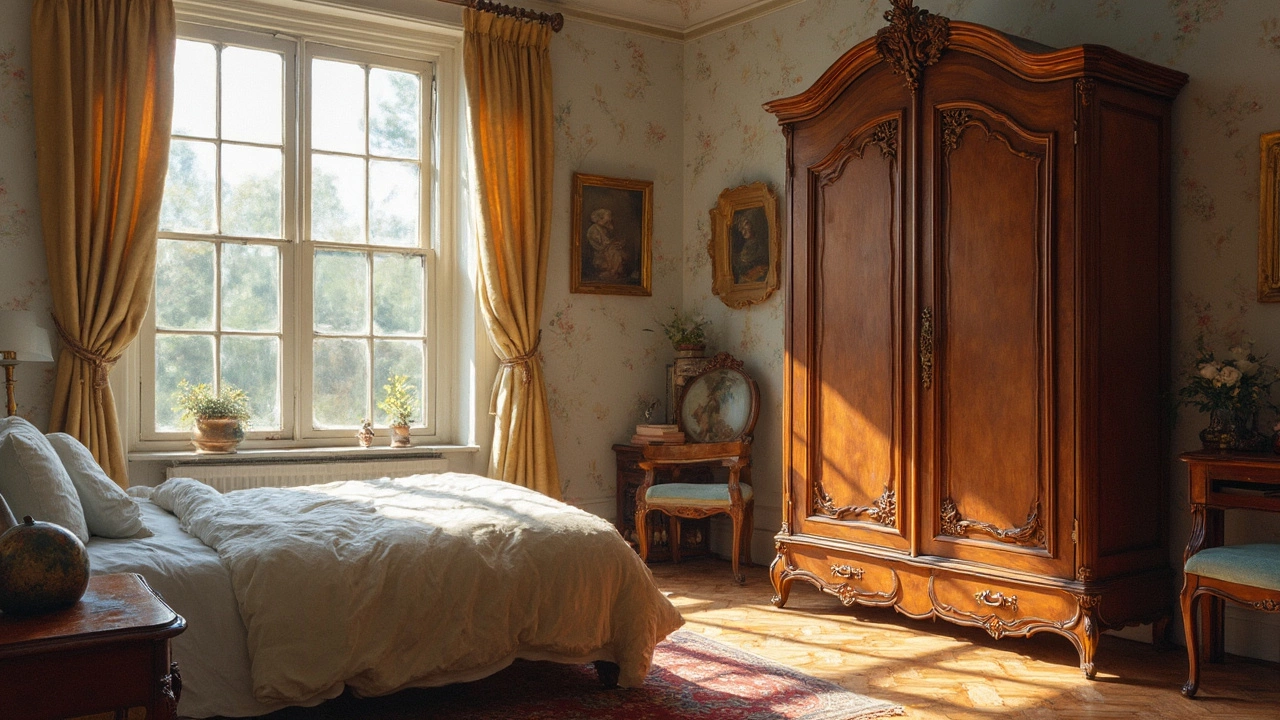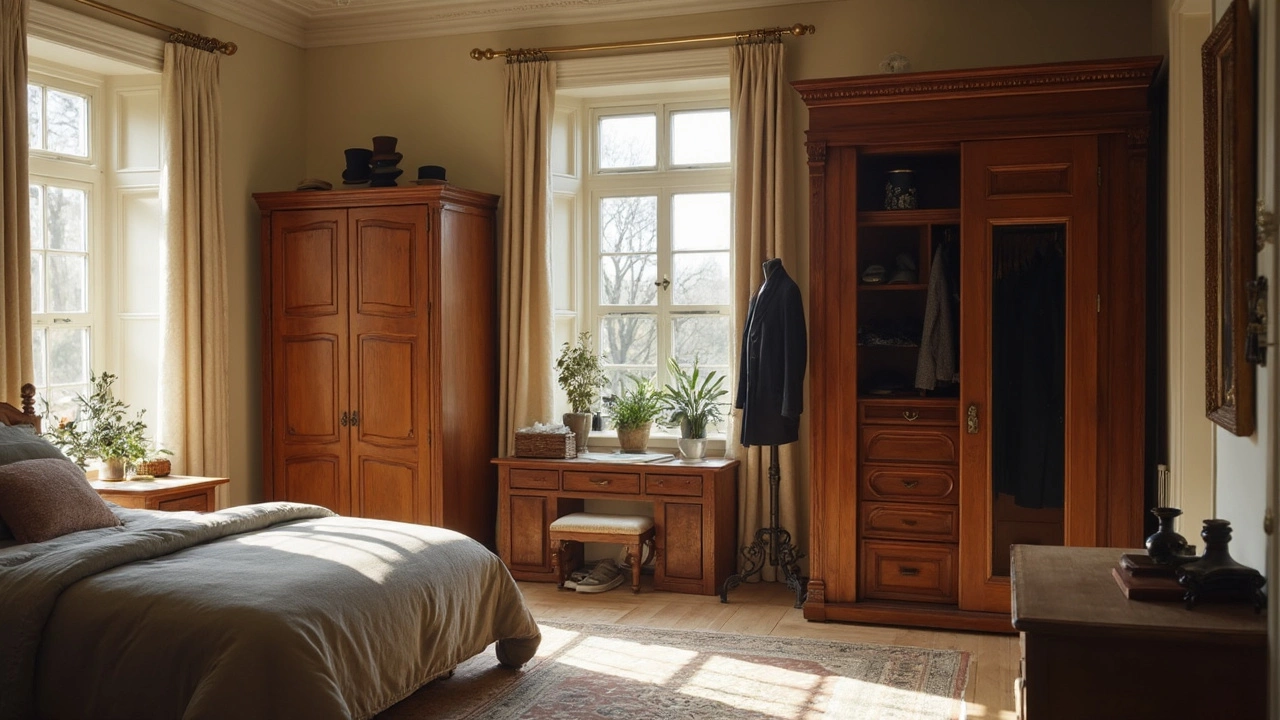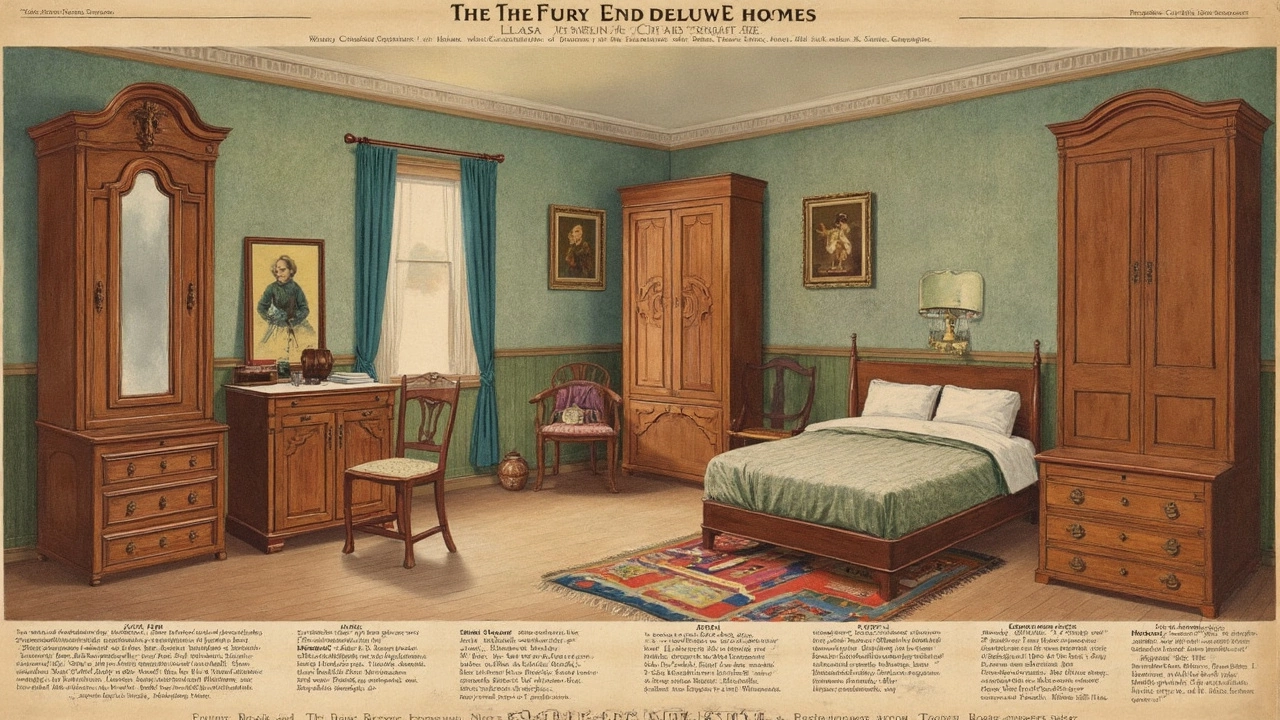Wardrobes – Handcrafted Storage Solutions for Every Home
If you’ve ever stared at a messy bedroom and wished for a stylish place to tuck away clothes, you’re not alone. A good wardrobe does more than hide clutter – it adds character, saves space, and can even lift the mood of a room. At Rustic Social we build wardrobes that feel personal, last long, and respect the environment.
Why Choose Handcrafted Wardrobes?
Every piece we make starts with solid timber sourced from sustainable forests. That means you get a sturdy frame that won’t wobble after a few years. Because the work is done by hand, we can tweak dimensions, door styles, and hardware to match any nook or odd wall space you have. Most mass‑produced wardrobes come in one size, but a handcrafted unit can be as tall as your ceiling or as narrow as a hallway.
Handcrafting also lets us use finishes that are low‑VOC and safe for families. You’ll notice the difference in the smooth feel of the wood and the way the grain shows through a clear coat. It’s a look that gets better with age, unlike cheap laminate that chips and fades.
Tips for Picking the Perfect Wardrobe
1. Measure twice, plan once. Grab a tape measure and write down the height, width, and depth of the space. Add a few centimeters for breathing room – you don’t want doors scraping the wall.
2. Think about how you use it. Do you need hanging space for dresses, shelves for shoes, or drawers for accessories? A mix of sections lets you organize by type and keeps everything visible.
3. Pick a door style you love. Sliding doors save floor space, especially in small rooms. Swing doors give a classic look but need clearance. Open‑wardrobe designs are trendy and let you showcase favorite pieces, but they require a tidy interior.
4. Choose a finish that fits the room. Light wood opens up a dark bedroom, while a rich walnut adds warmth to a modern loft. If you’re worried about spills, a matte lacquer is easier to wipe clean than glossy paint.
5. Ask about custom options. At Rustic Social we can add built‑in lighting, soft‑close hinges, or even a small bench inside the wardrobe. These extras feel luxurious and make daily routines smoother.
When you combine solid construction, sustainable materials, and a design that matches your lifestyle, a wardrobe becomes more than storage – it’s a piece of furniture you’re proud to show off.
Ready to upgrade? Browse our wardrobe collection, get a free measurement quote, and let us help you turn an empty wall into a functional, beautiful focal point.
Why Are Wardrobes So Expensive? The Real Reasons Behind the Price Tag
Wardrobes cost so much because of solid wood, high-quality hardware, custom fitting, and professional labor. Learn why a $2,000 wardrobe might actually be cheaper than replacing a $500 one every few years.
MoreWhat Do You Call a Basic Wardrobe? Simple Terms for Everyday Closet Storage
A basic wardrobe is a simple, freestanding cabinet with a hanging rod for clothes. It’s not a built-in closet, and it doesn’t need mirrors or drawers. Learn what to call it and how to pick the right one.
MoreWhat Happened to Queen Elizabeth's Clothes After She Died?
After Queen Elizabeth II's death, her vast wardrobe was preserved as national heritage. No clothes were sold-instead, select pieces are reused by other royals, archived for history, and occasionally displayed in public exhibitions.
MoreThe 333 Rule for Wardrobes: Boost Your Closet Space
Learn the 333 rule for wardrobes, a three‑zone system that organizes clothes by length and maximizes storage. Follow step‑by‑step instructions, see real‑world examples, and avoid common pitfalls.
MoreFancy Words for Clothes Closet: Wardrobe, Armoire, and More Explained
Ever wondered what to call your clothes closet besides 'closet'? Explore fancy words, history, and tips for creative storage. All the answers, right here.
MoreDoors Off Closets: Why Everyone's Changing Up Their Wardrobes
Why are people ripping closet doors off everywhere you look? This article breaks down what's really fueling the open-closet trend, with practical tips and facts to help you decide if it’s right for your space. We’ll cover the pros, the cons, and smart ideas for styling an exposed wardrobe. Find out how removing your closet doors could shake up your daily routine, help small rooms feel bigger, and even keep you tidier. It’s not just about looks—there are some real-life benefits (and a few surprises) when you ditch the doors.
MoreAmerican Word for Wardrobe: What Do Americans Really Say?
Wondering what Americans call a wardrobe? This article breaks down the language difference and why 'closet' is the go-to word in the US. Find out how closets became the default, how Americans use them, and what makes them different from wardrobes in other countries. There are even tips to help you make sense of U.S. storage lingo if you just moved or love home design. Get ready to see your bedroom storage in a new way.
MoreWardrobe in French: What Do the French Call It?
Curious what the French call a wardrobe? It's more than just a translation—'armoire' has a story and design all its own. This article explains what makes the French term special, the differences from other storage furniture, and how to spot an authentic armoire. You'll also pick up tips on adding a bit of French flair to your own bedroom. Get clear answers and useful advice, no matter how much French you know.
MoreWhat Are Wardrobes Called in America? Closet vs. Wardrobe Explained
Ever wonder why Americans say 'closet' instead of 'wardrobe'? This article breaks down the key differences, the history behind the terms, and how modern Americans store their clothes. You'll find out which word you should use, how closet design in the U.S. has evolved, and some tips if you're shopping for storage furniture. Everything you need to know is right here—no confusion, just straight answers.
MoreWardrobe Budget: How Much Should You Actually Spend?
Figuring out how much to spend on a wardrobe isn't a one-size-fits-all answer. This article breaks down where your money actually goes and how to budget for clothes for real life. You'll get smart tips, simple breakdowns, and ways to avoid wasting cash. We’ll share how to balance quality with price, spot hidden wardrobe money drains, and build a closet that fits your style—and your wallet.
MoreWhat Do Americans Call Wardrobes? Decoding the Lingo!
Wondering what Americans call wardrobes? This article dives into the language behind furniture terms across the U.S. and offers some insight and fun facts. From closets to cabinets, understanding these terms can help in planning your home storage. Explore the history and evolution of these pieces in American homes, along with practical tips for making the most of your wardrobe space.
MoreWhy Queen Elizabeth I's Wardrobe Was More Than Fashion
Queen Elizabeth I's clothing wasn't just about keeping up with the fashion whims of her time. It was a deliberate strategy that reflected her authority and status as a ruler. Her choice of clothing also played a huge part in public persona management, influencing perceptions not just at home but across Europe. This article uncovers the intentional use of wardrobes as tools for projecting power and status.
More
